
Today's Creation Moment
In the beginning... God Created.
Join us as we proclaim evidence for the truth of the Bible through the wonders of God's creation! Each program features scientific facts proving that the natural world was deliberately designed and is not a product of evolutionary chance.
For more creation resources, visit our website at creationmoments.com
To support our ministry, visit https://store.creationmoments.com/donate/general-fund
- Update frequency
- every day
- Average duration
- 2 minutes
- Episodes
- 1685
- Years Active
- 2019 - 2025
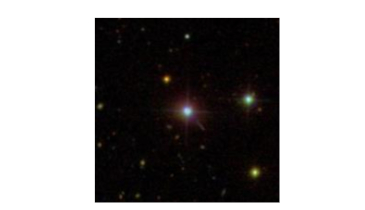
Quasars
You've probably heard of star-like objects called Quasars but you may not know how they were discovered, how they got their name and what makes them so unusual. That's what we'll be exploring on toda…
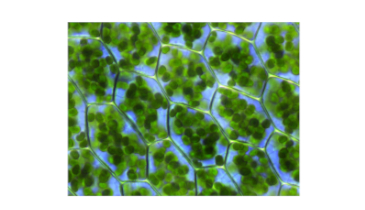
Why Are Plants Green?
Why are plants green? Photosynthesis, made possible through the green dye chlorophyll, is only part of the reason. On today's program, we'll tell you the rest of the story.

Deep Time Moon Theories in Trouble
Who could have guessed that the crust of the moon has a higher concentration of metals than the crust of the Earth? Well, this recently discovered fact certainly is no surprise to creationists. Find …
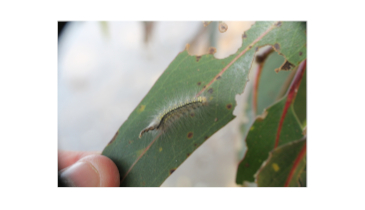
Where Did You Get That Hat?
Did you know that there's a moth larva in Australia and New Zealand with as many as nine hats on its head? On today's program you'll learn how that stack of hats got on top of this caterpillar’s head…

A Fishy Climate-change Scare
Climate-change alarmists have invented many ways to scare people into believing the world is headed for disaster. Now they are claiming that many kinds of fish could become extinct. On today's progra…
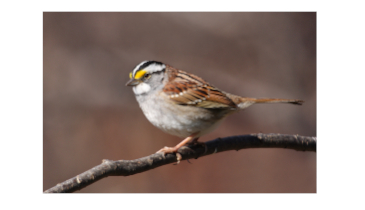
Singing a New Song
Everyone knows that humans can learn and sing new songs. But did you know that some birds can learn new songs, too? On today's program, we'll introduce you to birds that tutor other birds to sing the…
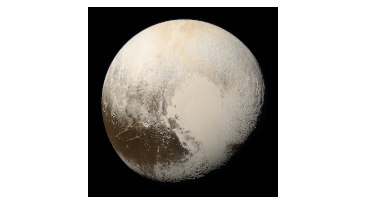
Life on Pluto
Move over, Mars. Scientists are now looking for liquid water under the surface of Pluto to see if there might be any signs of – you guessed it – life. On today's program we’ll takes you to Pluto to s…

Young People’s Apologetics for Life
Will the next generation of Christians be able to meet the secular world head-on? Will they be able to stand firm against secular arguments while introducing others to Christ? That's the serious subj…
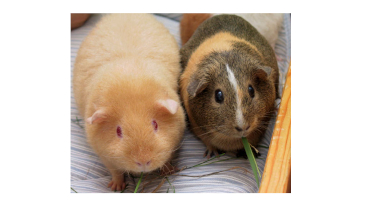
Guinea Pigs
Instead of a dog or cat, have you ever considered having a rodent as a pet? On today's program, we take a closer look at guinea pigs, mice and rats, and see what they all have in common
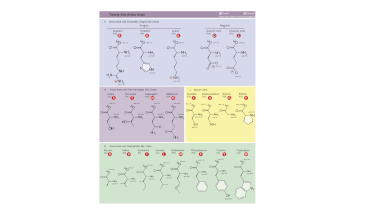
Life from Molecules: 2
Today's program picks up where we left off last time … on the subject of the origin of life. See why a famous experiment from the 1950s just leads scientists farther away from the fact that God creat…

Life from Molecules: 1
Try as they might, evolutionists still can't answer how the first living cell came into being. Some scientists think that a famous experiment from the 1950s has the answer. But today, our program, we…

Bamboo's Message to the World
Did you know that bamboo is a plant that reproduces by cloning itself? This is why bamboo has an important lesson for us about the age of the earth

Plants that Fool Insects
Some orchids produce flowers that look so much like a particular kind of wasp, they actually fool male wasps into mating with them. Find out more about plants that fool insects on today’s program.
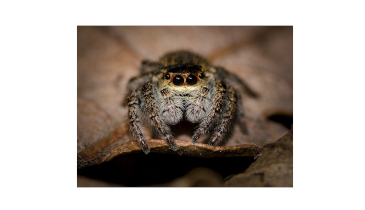
Spiders the Size of a House?
Monster movies from the 1950s could cause viewers to ask if a spider really could grow to be the size of a house. Listen up, monster movie lovers. We’ll Paul Taylor, answers that big question on toda…
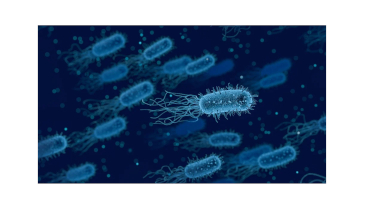
The Mind of a Bacteria
Did you know that single-celled bacteria actually have senses similar to our hearing and sight? Once you hear today’s program, you might stop thinking of bacteria as a “simple” form of life.

Is It Orchid or Insect?
Did you know there’s an orchid that looks and smells so much like the insect that pollinates it, the orchid will fool the insect into mating with it? We’ll tells you about this unique flower on today…
The Vine that Keeps Pet Butterflies
On today’s program, learn about vines that keep butterflies as pets! Their story is so unusual, it provides clear testimony that this match was made in heaven by our all-knowing Creator.
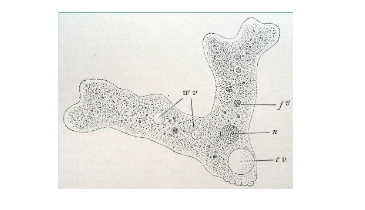
What Amoebas Know
Though the amoeba has no brain, somehow it knows how to get around in a way that enables it to find food. How does the brainless amoeba pull that off? That’s what today’s program is all about.

Dancing Bees
When bees discover a good source of nectar, they tell other bees where to find it by doing a dance back at the hive. Bees need a good memory to pull that off, and that’s what we will share on today’s…

Discovery Confirms Creation Claims
One important way to know if a scientific position is true is to see if it is able to make accurate predictions. So how well does creation science do? Find out on today’s program.